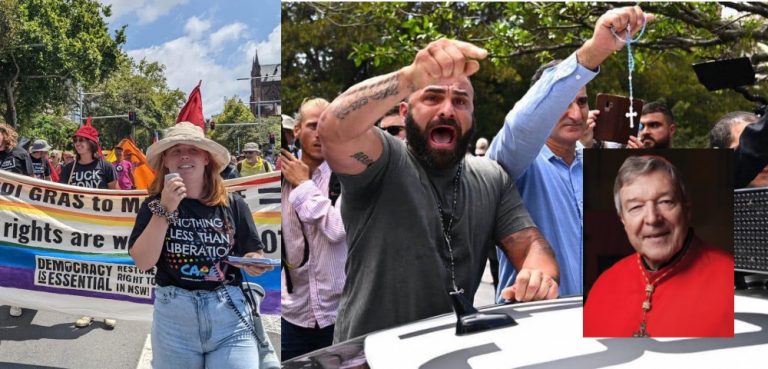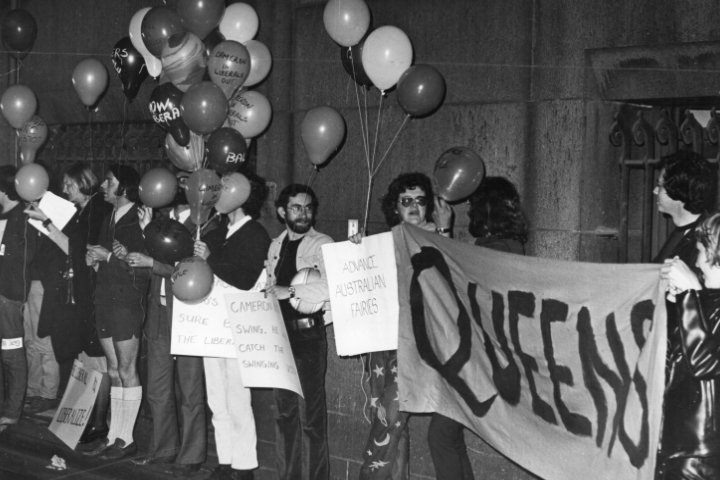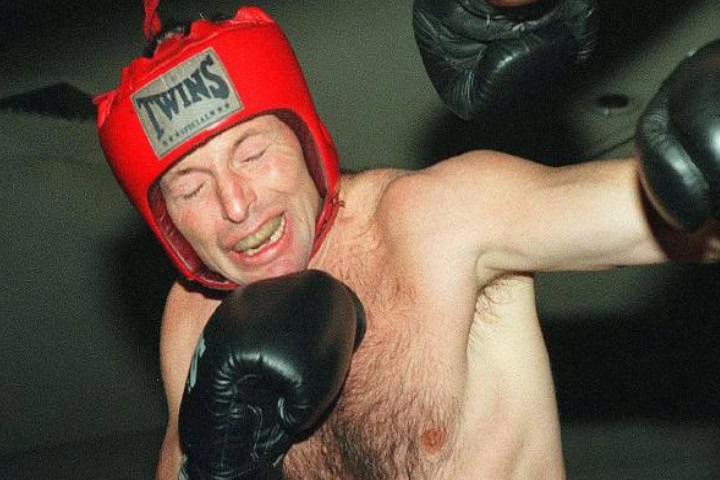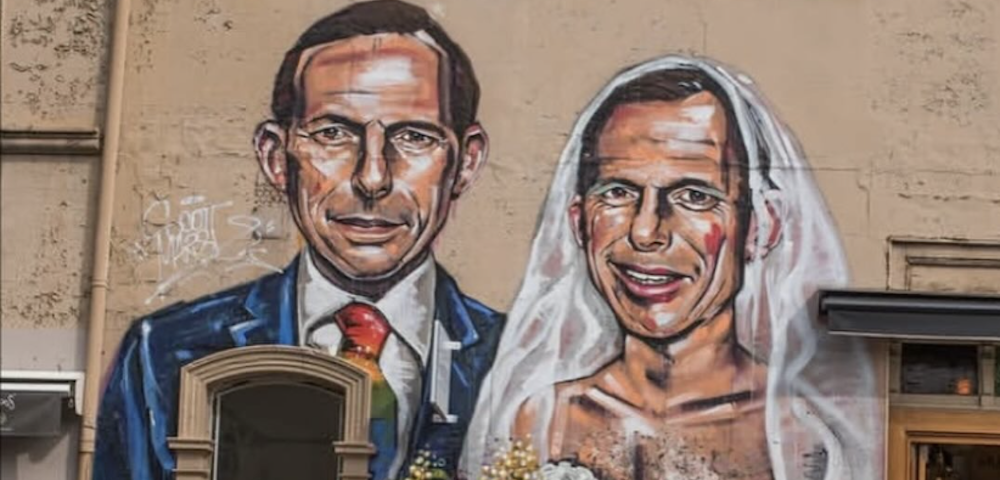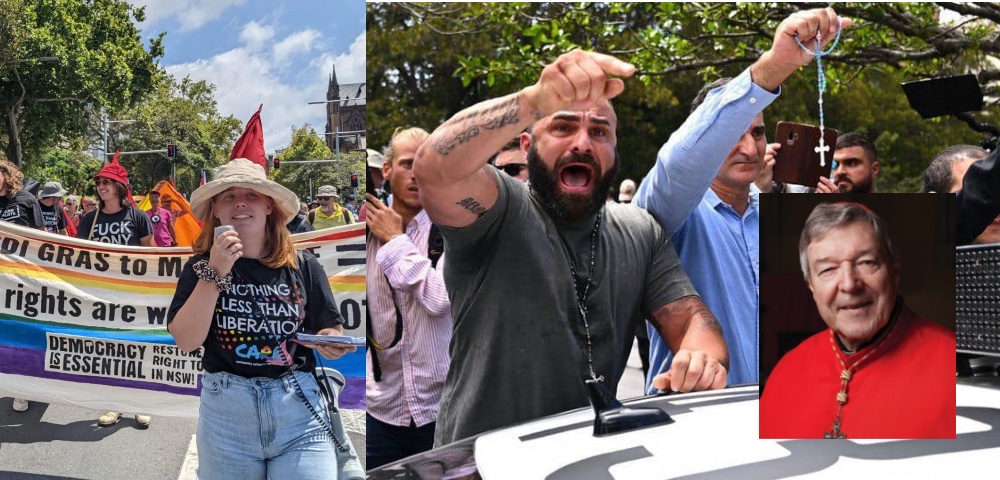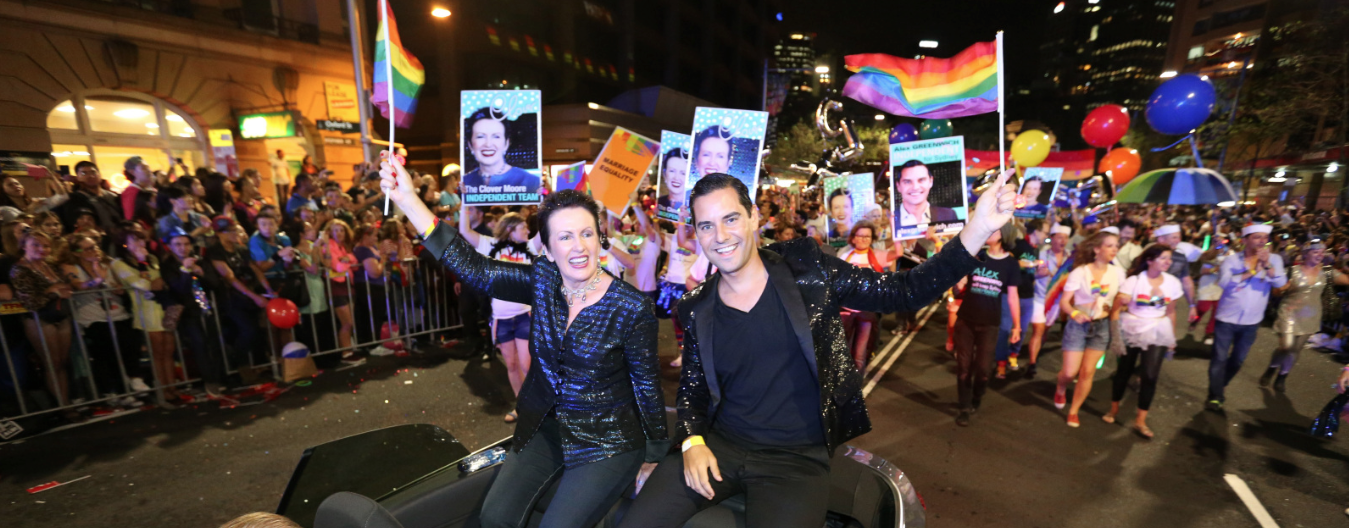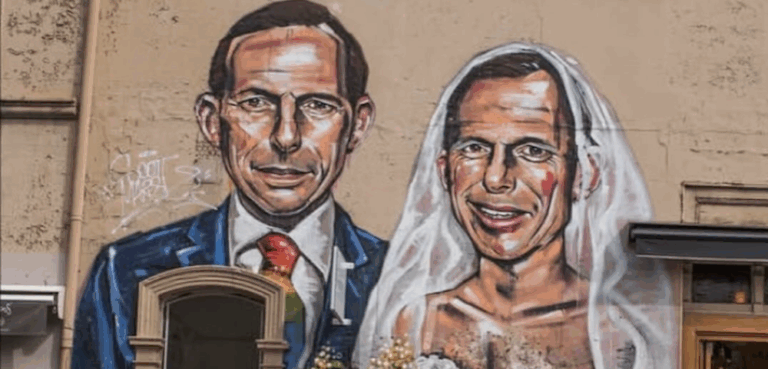
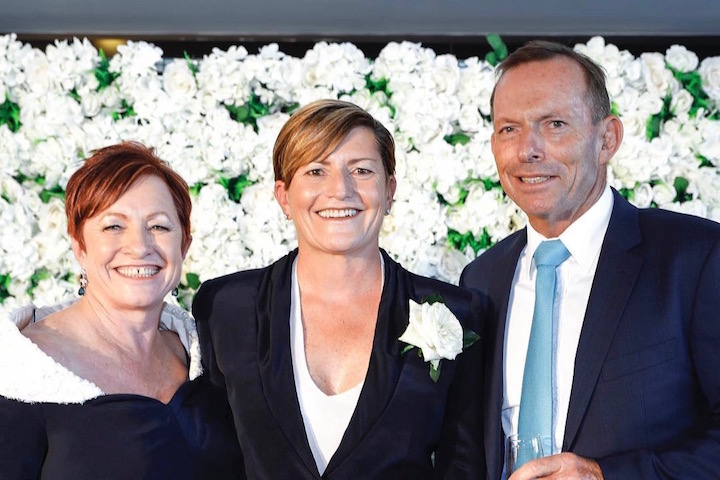
In her time as a public figure for local politics, Christine Forster has seen been front and centre during some of Australia’s most historical changes.
While many know her as Tony Abbott’s younger, and perhaps gayer sister, Christine and her wife have shared a multitude of ups and downs of their own in the eight years since she skyrocketed into public view.
From campaigning for nation-wide same-sex marriage to advocating for transparency within the City of Sydney Council – Christine’s political career has been as varied and diverse as the paper-trail that she’s created for herself since her successful 2012 election.
While this year’s mayoral elections for Sydney have been postponed as Sydney grapples with its post-COVID settings, Christine is still bringing her articles back to the forefront with the release of her first book Love, Marriage and Life.
Rather than a stock-standard biography, Love, Marriage and Life stands as a collection of articles and speeches selected by Christine and stands as a time capsule of topics that were once circulating Australia.
Speaking to Star Observer, it’s clear that the Liberal Councillor does not carry herself as one would expect from local government. She’s not performative, nor grandiose – a casual speaker who breaks the mould of the typically stale politicians lexicon.
“In all honesty, it came from the publisher who asked me if I was interested in doing it. They approached me some time ago to compile some of my articles and speeches, and here we have it – ha!” Christine said when asked about the inspiration behind creating her ‘Best Hits’ of written pieces.
“I’ve always written quite widely and regularly. I write all my own speeches and a lot of ad-lib speeches. If people ask you to say something, though, you want it to be meaningful.
“It’s pretty broad, and I tried to keep across a broad range of topics. A lot of business gets done in Council. It ranges from, what would seem to be insignificant issues, to some very big issues that get discussed. I wanted to reflect that I suppose.”
This collection of previously published articles and key speeches from Forster spans the six years that started with her pre-selection speech for the City of Sydney council in September 2012 up to her 2018 opinion pieces published in the Sydney Morning Herald.
“The easiest part was putting together the marriage equality section which tracks the ups and downS of the campaign. Obviously, it was a thread right from the beginning of my entering in public life – right from the beginning I was a part of the campaign,” Christine said.
“Drafting it reminded me of how hard the whole campaign was. It’s a cliché I know, but it was a real emotional roller-coaster we were riding, particularly between 2013 to 2017 with the plebiscite. It was a pretty stressful couple of years.”
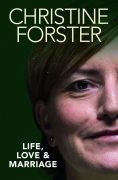
While 2017’s national same-sex marriage debate heated up, culminating in the postal plebiscite and the law legalising same-sex marriage being passed in Parliament, Christine had been an advocate for gay rights and same-sex marriage for many years. Eventually marrying her long-time partner, Virginia Flitcroft in 2018 – 10 years after they met while dropping off their sons at childcare.
No one forgets how her infamous brother, Tony Abbott, coldly rejected Christine’s efforts towards achieving the right for herself, and all Australians, to marry those that they loved.
“If you’re worried about religious freedom and freedom of speech, vote no,” Abbott said to kick off his campaign of opposition to same-sex marriage in 2017.
Christine touched upon these family and political frictions during the long campaign towards achieving same-sex marriage and a “better Australia.”
“I think everybody’s accepted the decision and the verdict of the people, and they’ve moved on. Really, I think the law is the law, and everybody accepts that,” Christine said when asked about whether tensions still exist within her party and her family over the decision.
However, that doesn’t mean it was always as easy for Christine.
“Things would move in the political sphere, and our hopes would be raised and then all of a sudden they’d be dashed again. Mainly because members of my own family, or my own party were taking steps to dash those hopes – it was a pretty difficult and wearing.
“Virginia and I discussed how tough it was. But, the greatest thing is that we came out of it at the end. The Australian people made the right decision, and they made it whole-heartedly. We’ve come out a better country.”
Christine also touched upon her opinions about the equally-infamous plebiscite. Contrary to Christine’s stern championing of political-process – she, like all LGBTQI Aussie’s, hated that postal survey as much as the next activist.
“For most of it from 2012 to 2015, the campaign was very much focussed on a conscience vote in parliament. That’s what everybody wanted to see happen and campaigned really hard for. That would’ve given us a very different outcome,” Christine said without hesitance. “The ‘Yes’ side wanted to put the community through the type of wringer that we were put through with a plebiscite on this issue. It was everybody’s firm belief that this was the responsibility of the parliamentarians who we elect to represent us. They should’ve grasped that and had a conscience vote in parliament.”
However, her sentiments have softened over time.
“As awful as the plebiscite was, when I look back now and if the legislation had slipped past in parliament, we could still have been discussing this issue and wrangling and fighting over it. Having bits of legislation nit-picked in the upper and lower-house for years.
“No one wanted it, but given the very resounding yes vote, it put the issue to bed finally and incontrovertibly – never to be raised again. Same-sex marriage is here to stay, and it can’t be challenged!” Christine declares with a humorous tone of exhaustion. “There’s no going back or undoing it. So, despite the fact that it was horrible, in my view, it was the best way for the reform to happen.”
Moving on from same-sex marriage, another issue that’s been close to Christine’s heart was the need for “accountability and transparency” within all levels of government. Christine hopes that Love, Marriage and Life not only allows the public to better understand her progression over the past eight years, but also gives insight into the hidden mechanisms behind an area of government that confuses so many – myself included.
“Council is the level of government that’s closest to people’s daily lives and in many ways what council is getting up to has more impact on people’s daily lives than any [other] level of government,” Christine remains jovial.
“One of the issues that I’ve banged away hardest on really was the lack of accountability and transparency. People should know what’s going on and it’s something I’ve campaigned for.
“I’ve campaigned for years for the public to be allowed to come in and ask questions without notice – which has been resisted very thoroughly by the Lord Mayor [Clover Moore].
“People don’t really know what’s going on and they should be encouraged to come to Council and engage with their councillors. That’s how we very often get feedback and make sure that we can give the community what it wants and needs.”
However, Christine isn’t delusional about how she hopes Love, Marriage and Life is received. Rather than treating it as a complete memoir of her work, she hopes that readers find what they enjoy in it themselves – noting that its pick-and-choose nature is the reason for its appeal.
“It’s a mixed bag, and I hope that people will dip in and out of it. I don’t expect anyone to get it and read it from cover-to-cover!” she says while chuckling over the phone.
“In the beginning, I was often getting asked to tell my own story. Getting into the back-end, there’s a lot of speeches about businesses of Council and what’s going on. Just read a speech here, and a speech there, and pick whatever you find interesting. None of the speeches are too long, thank goodness. Hopefully, people find something interesting in it for themselves.”
